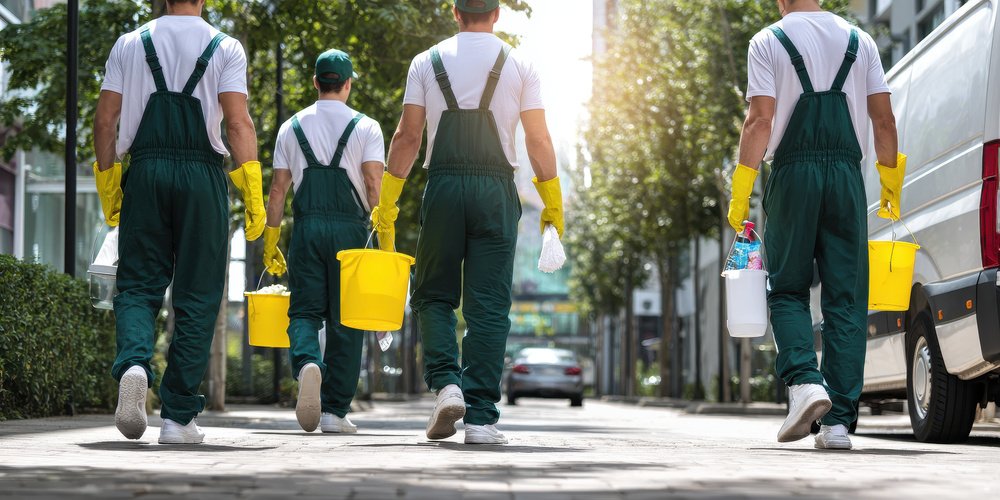Commercial cleaning services thrive in the greater Boston area. From Worcester to Lowell, Mansfield, and beyond, cleaning companies are working hard to keep their clients’ facilities clean. The best among them insist on building cleaning teams with the most qualified and highly trained professionals in the business.
Are you curious about what actually goes into training Boston cleaning crews? We cannot give you details because there is no single way to handle training. But we can give you some industry guidelines. They provide the foundation for training Boston’s cleaning crews.
1. Classroom Instruction
Hiring experienced cleaners would allow a cleaning company to put new employees to work right away. That is not the case with inexperienced new hires. Those who have never cleaned commercially before may be put into classroom instruction. And if not a formal classroom, at least organized training provided by someone in the company.
Classroom training typically involves:
- Cleaning Products & Equipment – Commercial cleaning services rely on a variety of products and equipment to do what they do. New hires need to be taught how to use products that could be potentially dangerous. They also need to learn how to use equipment.
- Cleaning Techniques – Different environments demand different cleaning techniques and methods. New hires need to learn how to properly clean restrooms, offices, dining areas, etc.
- Safety & Regulations – Commercial cleaning is more highly regulated than most people know. Cleaning services are required to comply with all OSHA and state standards for chemical safety, work safety, ergonomics, and so forth. These are all things new hires need to learn.
As with any other industry, the classroom instruction for commercial cleaners is very good at imparting knowledge but not so good at helping new hires gain experience. So after classroom instruction has ended, it is followed by hands-on training.
Learning On-the-Job
Hands-on learning is best accomplished by putting new hires out in the field alongside experienced cleaners. They gain valuable on-the-job experience that teaches them how to apply classroom knowledge in the real world. Here are a couple of examples:
- Floor Care – New hires can learn the fundamentals of floor care in the classroom. But they really need to do it in order to learn specialized techniques for cleaning, waxing, stripping, etc.
- Facility Procedures – Classroom learning is limited to general cleaning procedures and techniques. When a new hire goes to that first facility, they are likely to learn other things specific to that facility. Such learning is invaluable.
By getting out of the classroom and into the field, cleaners just starting out move beyond theory and into practice. They learn what is required of them in any given situation. But they also learn how to clean in the most effective and efficient ways based on real-world circumstances.
OSHA 10 Certification
Due to the nature of commercial cleaning services in the Boston area, it is not unusual for cleaning crews to be fully certified. Training programs tend to require that new hires complete a 10-hour OSHA safety course that introduces them to general concepts such as workplace safety, hazard communication, and emergency response. Completing that course would result in an official certification.
It’s easy to think of commercial cleaning as little more than sweeping the floor and wiping down bathroom fixtures with a wet towel. But it is not so simple. Commercial cleaning is a very complex and detailed enterprise that requires knowledge, skill, and training.
The best commercial cleaning services in the Boston area insist on using only properly trained employees. Obviously, that’s good for you as a business owner.


